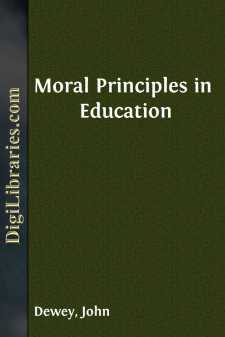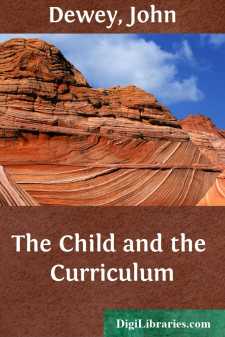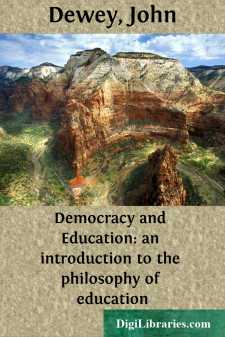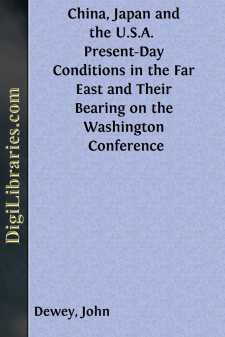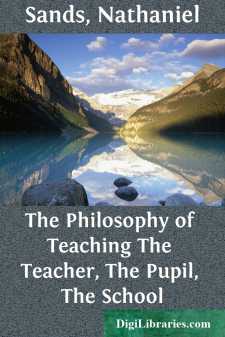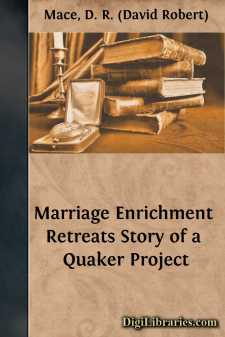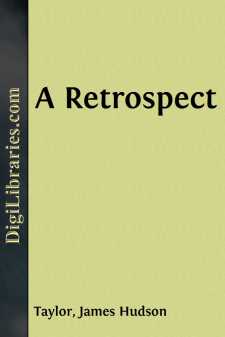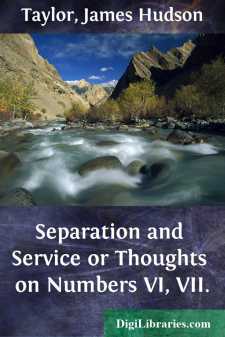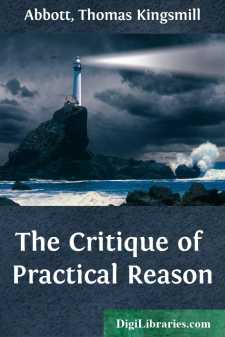Categories
- Antiques & Collectibles 13
- Architecture 36
- Art 48
- Bibles 22
- Biography & Autobiography 813
- Body, Mind & Spirit 142
- Business & Economics 28
- Children's Books 15
- Children's Fiction 12
- Computers 4
- Cooking 94
- Crafts & Hobbies 4
- Drama 346
- Education 46
- Family & Relationships 57
- Fiction 11828
- Games 19
- Gardening 17
- Health & Fitness 34
- History 1377
- House & Home 1
- Humor 147
- Juvenile Fiction 1873
- Juvenile Nonfiction 202
- Language Arts & Disciplines 88
- Law 16
- Literary Collections 686
- Literary Criticism 179
- Mathematics 13
- Medical 41
- Music 40
- Nature 179
- Non-Classifiable 1768
- Performing Arts 7
- Periodicals 1453
- Philosophy 64
- Photography 2
- Poetry 896
- Political Science 203
- Psychology 42
- Reference 154
- Religion 513
- Science 126
- Self-Help 84
- Social Science 81
- Sports & Recreation 34
- Study Aids 3
- Technology & Engineering 59
- Transportation 23
- Travel 463
- True Crime 29
Moral Principles in Education
by: John Dewey
Categories:
Description:
Excerpt
Education as a public business
It is one of the complaints of the schoolmaster that the public does not defer to his professional opinion as completely as it does to that of practitioners in other professions. At first sight it might seem as though this indicated a defect either in the public or in the profession; and yet a wider view of the situation would suggest that such a conclusion is not a necessary one. The relations of education to the public are different from those of any other professional work. Education is a public business with us, in a sense that the protection and restoration of personal health or legal rights are not. To an extent characteristic of no other institution, save that of the state itself, the school has power to modify the social order. And under our political system, it is the right of each individual to have a voice in the making of social policies as, indeed, he has a vote in the determination of political affairs. If this be true, education is primarily a public business, and only secondarily a specialized vocation. The layman, then, will always have his right to some utterance on the operation of the public schools.
I have said “some utterance,” but not “all”; for school-mastering has its own special mysteries, its own knowledge and skill into which the untrained layman cannot penetrate. We are just beginning to recognize that the school and the government have a common problem in this respect. Education and politics are two functions fundamentally controlled by public opinion. Yet the conspicuous lack of efficiency and economy in the school and in the state has quickened our recognition of a larger need for expert service. But just where shall public opinion justly express itself, and what shall properly be left to expert judgment?
The relations of expert opinion and public opinion
In so far as broad policies and ultimate ends affecting the welfare of all are to be determined, the public may well claim its right to settle issues by the vote or voice of majorities. But the selection and prosecution of the detailed ways and means by which the public will is to be executed efficiently must remain largely a matter of specialized and expert service. To the superior knowledge and technique required here, the public may well defer.
In the conduct of the schools, it is well for the citizens to determine the ends proper to them, and it is their privilege to judge of the efficacy of results. Upon questions that concern all the manifold details by which children are to be converted into desirable types of men and women, the expert schoolmaster should be authoritative, at least to a degree commensurate with his superior knowledge of this very complex problem. The administration of the schools, the making of the course of study, the selection of texts, the prescription of methods of teaching, these are matters with which the people, or their representatives upon boards of education, cannot deal save with danger of becoming mere meddlers....


